The ultimate solution to the race problem lies in the willingness of men to obey the unenforceable
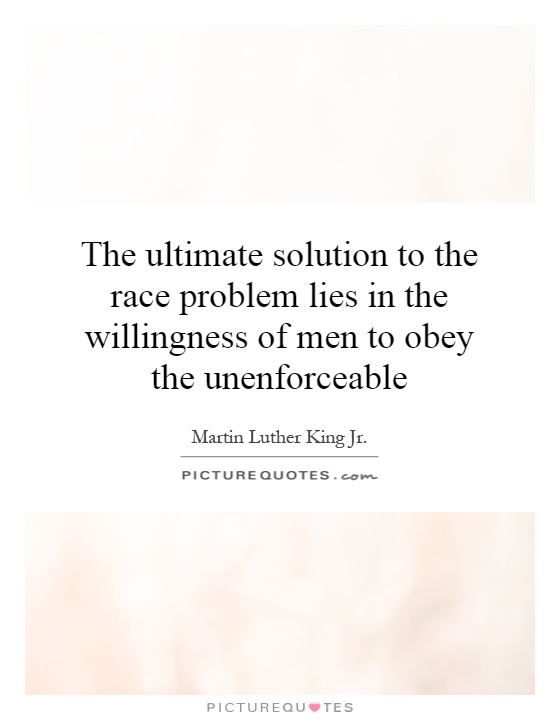
The ultimate solution to the race problem lies in the willingness of men to obey the unenforceable
Martin Luther King Jr. was a prominent civil rights leader who dedicated his life to fighting against racial discrimination and segregation in the United States. He believed in the power of nonviolent resistance and civil disobedience as a means to bring about social change and equality for all people, regardless of their race.One of King's most famous quotes is, "The ultimate solution to the race problem lies in the willingness of men to obey the unenforceable." This statement encapsulates King's belief that true change can only come about when individuals are willing to adhere to moral principles and values that transcend laws and regulations. In other words, King believed that the key to overcoming racial injustice lies in the hearts and minds of individuals, rather than in the enforcement of laws or policies.
King's philosophy of nonviolent resistance was deeply rooted in the teachings of Mahatma Gandhi, who used similar tactics to bring about social change in India. King believed that by refusing to engage in violence and instead practicing love and compassion towards one's oppressors, individuals could inspire others to do the same and ultimately break down the barriers of racism and discrimination.
King's approach to the race problem was not just about changing laws or policies, but about changing hearts and minds. He understood that true equality could only be achieved when individuals were willing to see past their differences and treat each other with respect and dignity. By obeying the unenforceable principles of love, compassion, and understanding, King believed that people could transcend the limitations of race and create a more just and equitable society for all.
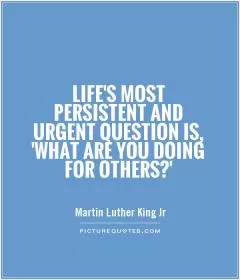
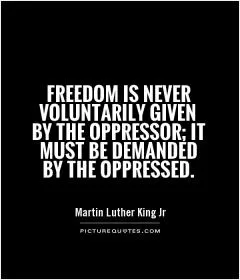
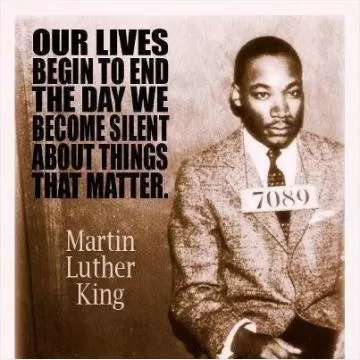
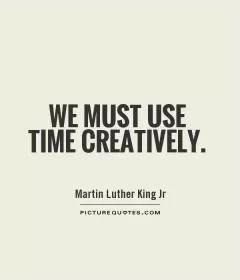
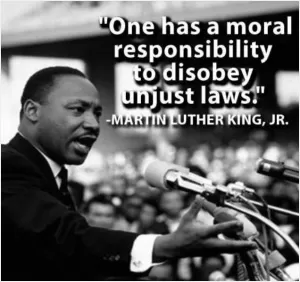
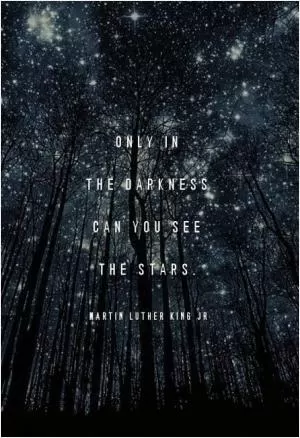
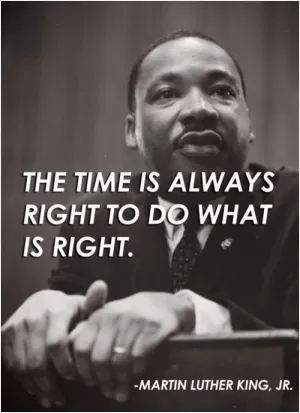
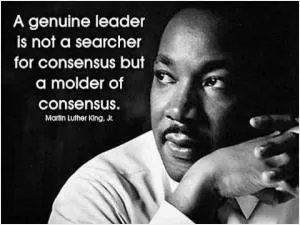
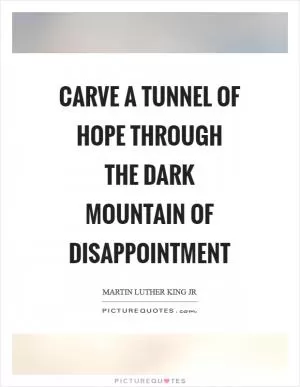
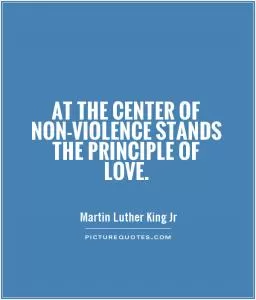
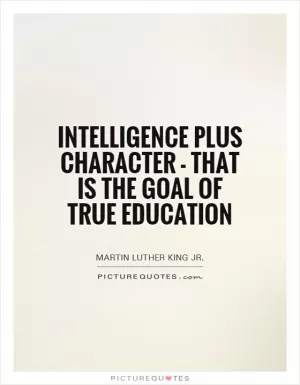
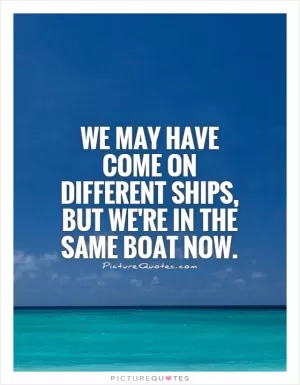
 Friendship Quotes
Friendship Quotes Love Quotes
Love Quotes Life Quotes
Life Quotes Funny Quotes
Funny Quotes Motivational Quotes
Motivational Quotes Inspirational Quotes
Inspirational Quotes